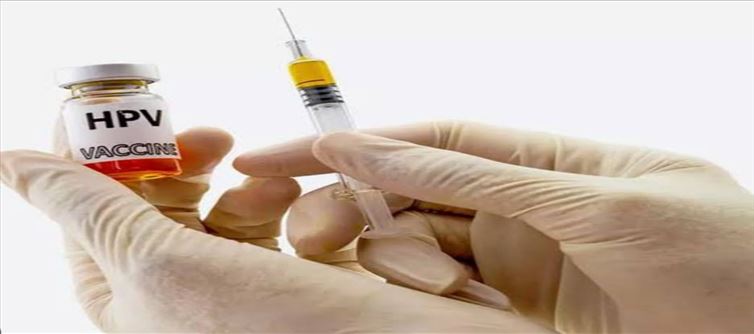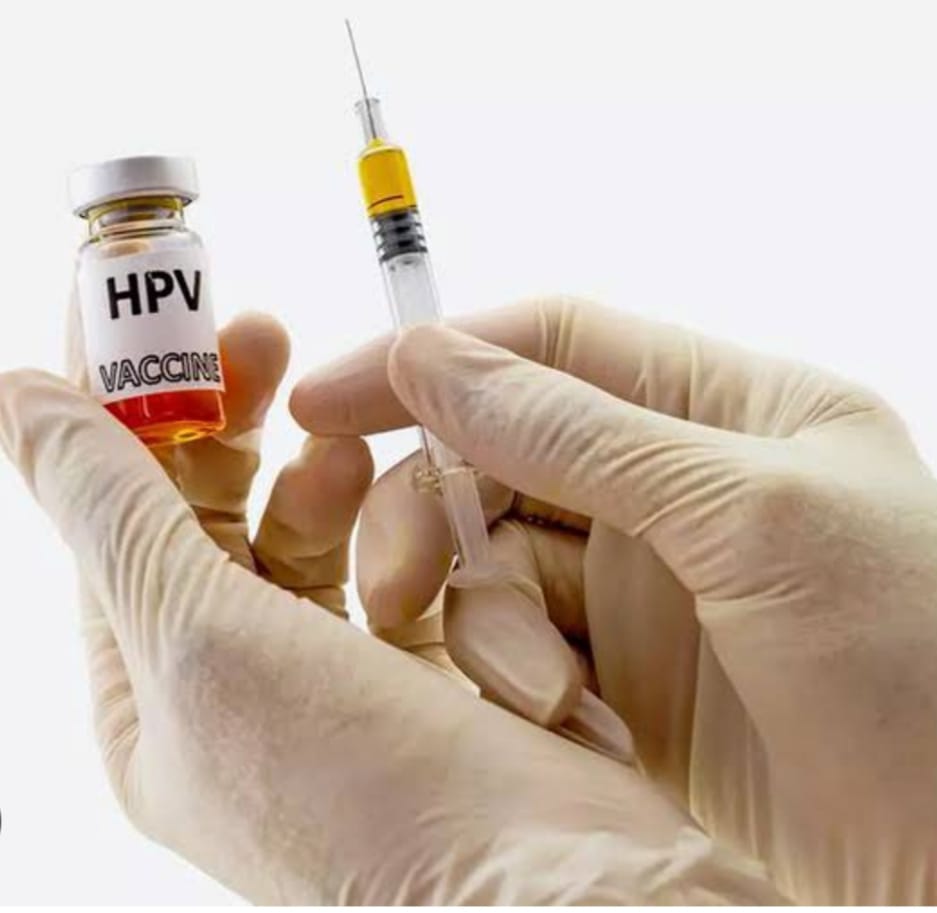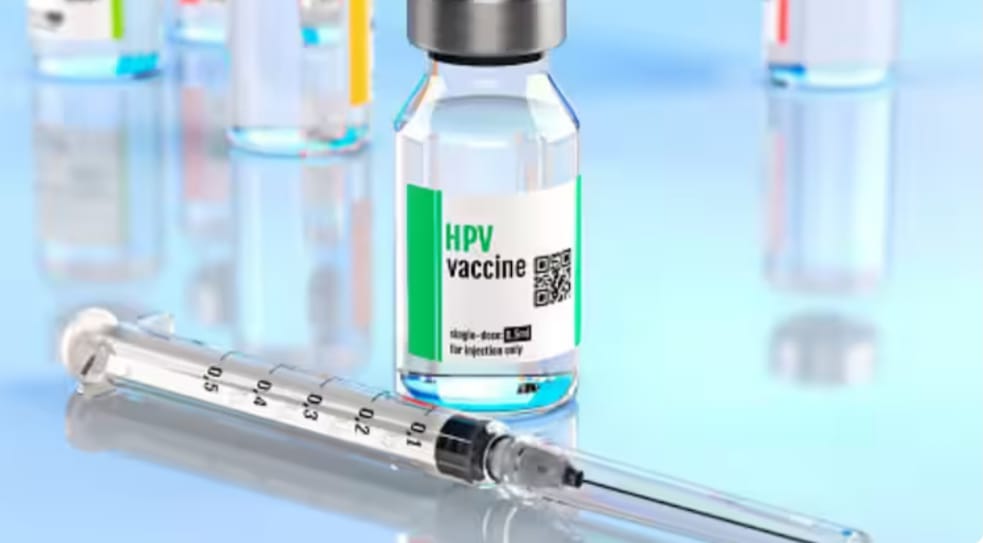
Cervical cancer Awareness Month: Warning Signs Of Cervical cancer You Shouldn't Ignore, Know Importance Of Vaccination
This January, as we celebrate Cervical cancer Awareness Month, it is critical to create awareness of the necessity for both men and women to get vaccinated against the human papillomavirus (HPV).
Cervical cancer Awareness Month
India faces a significant issue with cervical cancer, the third most common cancer, causing 18.3% of morbidity and mortality. It is mainly due to low literacy, inadequate screening infrastructure, and social stigmas. This January, as we celebrate Cervical cancer Awareness Month, it is critical to create awareness of the necessity for both men and women to get vaccinated against the human papillomavirus (HPV). In this regard, let's have a look at the warning signs of cervical cancer and the importance of vaccination.

10 Early Warning Signs Of Cervical cancer You Should Not Ignore
Dr. Nikhil kalyani who is in the Department of Radiation Oncology at Jaslok Hospital and Research Centre, mumbai said, "It is the most common cancer in women in india after breast cancer. The incidence is progressively declining in urban areas; however, it remains significant in rural areas. The mortality is directly related to the stage of detection of cervical cancer. Stage I and II cervical cancer has high cure rates which drops for stage III and IV cancer. This signifies the importance of early detection and treatment of cervical cancer."
There are few warning signs for cervical cancer listed by him. If you have any of these, please visit a gynecologist or an oncologist for further evaluation.
Post-coital vaginal bleeding
Post-menopausal vaginal bleeding
Heavier bleeding during the menstrual cycle than usual
Vaginal bleeding in between menstrual cycle
Increased or persistent Foul-smelling vaginal discharge with blood staining
Dull lower backache
Deep pelvic Pain while having sex
Blood while passing urine or pain while passing urine
Generalised tiredness
Swelling or oedema in both legs
"The most alarming symptoms of above are post-menopausal vaginal bleeding and post-coital vaginal bleeding. These symptoms need immediate attention and evaluation by a trained physician," he added.
HPV And Cervical Cancer
Dr sarika Gupta, who is a Consultant, Gynae-Surgical Oncology at rajiv gandhi cancer Institute and Research Centre (RGCIRC) said, "Human papillomaviruses (HPVs) comprise more than 200 related viruses, some of which get transmitted through vaginal, anal, or oral sex. High-risk HPVs can cause various types of cancer. There are typically 12 high-risk viruses, but HPV 16 and 18, are responsible for most HPV-related cancers such as cervical cancer, anal cancer, oropharyngeal cancer, penile cancer, vaginal cancer, and vulvar cancer."
Cervical cancer is triggered by the long-lasting infection with high-risk HPVs that causes cancer in parts of the body where HPV infects cells. Most HPV infections clear up on their own without causing any harm, but certain high-risk types can persist and lead to the development of cancer cells.

"When a high-risk HPV infection persists for many years, it can lead to cell changes that, if untreated, may get worse over time and become precancerous and then cancerous. Adolescents i.e. both boys and girls should be vaccinated before they start their sexual activity," said Dr sarika Gupta.
Cervical cancer primarily affects women, but immunizing both sexes is valuable. The World health Organization recommends monitoring 70% of women and 90% of girls by age 15 and treating 90% of diagnosed cases. A comprehensive strategy includes HPV immunization in national programs. In india, the HPV vaccine and cervical cancer screening are crucial for preventing cervical cancer.
Dr Aman priya Khanna, who is the Co-founder and Medical director of HexaHealth and is a General, Laser, Bariatric, and Minimal Access Surgeon highlighted the need for HPV vaccination to avoid cervical cancer, which kills one indian woman every eight minutes, and said, "The vaccine acts as a personal shield against HPV, the leading cause of cervical cancer. The screening detects potential threats early, reducing the risk and saving lives."
HPV In Men
Dr sarika Gupta said, "Studies have suggested that 1 in 5 men are infected with HPV and act as a carrier of HPV, who then transmit the infection to young girls. Many studies have pointed out that the HPV infection rate varies little with age in men.
Comparatively, men have a low potential of developing natural or acquired immunity, even after repeated exposures and they stay as a long-term reservoir of infection, points out another study. It's difficult to detect HPV carriers in men as we don't have a standard HPV test for men. Vaccinating boys would help in reducing the HPV infection carriers. Once a high number of males and females are vaccinated, herd immunity will be imparted to the unvaccinated individuals."




 click and follow Indiaherald WhatsApp channel
click and follow Indiaherald WhatsApp channel